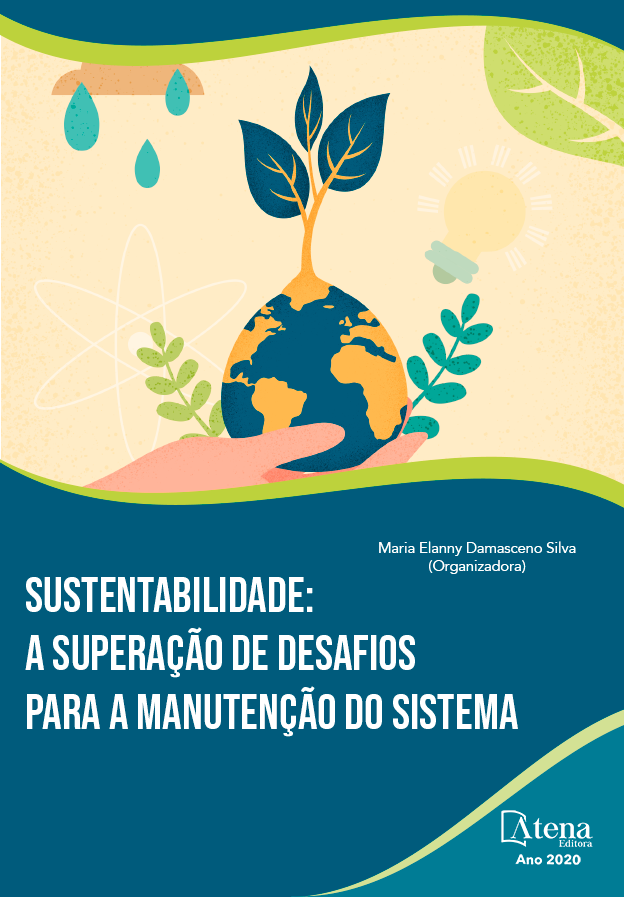
O papel da energia eólica no Brasil no contexto de mitigação das mudanças climáticas e da correlata NDC do país no âmbito do Acordo de Paris
O presente trabalho utilizando-se como metodologia a revisão sistêmica de literatura, analisa, sinergicamente, as perspectivas inerentes à energia eólica no seio da matriz energética brasileira. Outrossim, almejou-se compreender o papel desta fonte energética renovável no contexto de atingimento da Contribuição Nacionalmente Determinada (NDC) brasileira vinculada ao Acordo de Paris, originado na COP 21, realizada em Paris, em 2015. Para expandir o uso doméstico de outras renováveis (além da hídrica) no fornecimento de energia a fim de atingir a participação de 23% na matriz elétrica nacional, de acordo com a NDC brasileira, o país necessita expandir, em termos relativos, em 7,87% a participação de outras renováveis, que se encontram atualmente na marca dos 15,13%. Considerando-se as 190 usinas que estão sendo e hão de ser construídas, e suas respectivas capacidades instaladas, a participação da fonte eólica pode aumentar em 28% em relação a sua participação atual. Destarte, tende a ser fundamental o papel da energia eólica para que o Brasil atinja sua NDC expressa para 2025 (redução de 37% da emissão de GEE, em relação ao ano base de 2005) e para 2030 (redução de 43% na emissão de GEE, em relação ao ano base de 2005).
O papel da energia eólica no Brasil no contexto de mitigação das mudanças climáticas e da correlata NDC do país no âmbito do Acordo de Paris
-
DOI: 10.22533/at.ed.08520300921
-
Palavras-chave: Energia eólica; Matriz energética; Mitigação das mudanças climáticas; Acordo de Paris; Contribuição Nacionalmente Determinada (NDC) do Brasil.
-
Keywords: Wind energy; Energy matrix; Climate Change Mitigation; Paris Agreement; Nationally Determined Contribution (NDC) of Brazil.
-
Abstract:
The present work, using the systemic literature review as methodology, analyzes, synergistically, the perspectives inherent to wind energy within the Brazilian energy matrix. Furthermore, the aim was to understand the role of this renewable energy source in the context of achieving the Brazilian Nationally Determined Contribution (NDC) linked to the Paris Agreement, originated at COP 21, held in Paris in 2015. To expand the domestic use of other renewables (in addition to hydro) in the supply of energy in order to achieve a 23% share in the national electric matrix, according to the Brazilian NDC, the country needs to expand in relative terms the share of other renewables by 7.87%, which are currently at the 15.13% mark. Considering the 190 plants that are being and will be built, and their respective installed capacities, the share of the wind source may increase by 28% in relation to its current share. Therefore, the role of wind energy tends to be essential for Brazil to reach its expressed NDC for 2025 (37% reduction in GHG emissions, compared to the base year 2005) and for 2030 (43% reduction in emissions of GHG, compared to the base year 2005).
-
Número de páginas: 15
- André Felipe Simões
- Letícia Cunha Bonani


